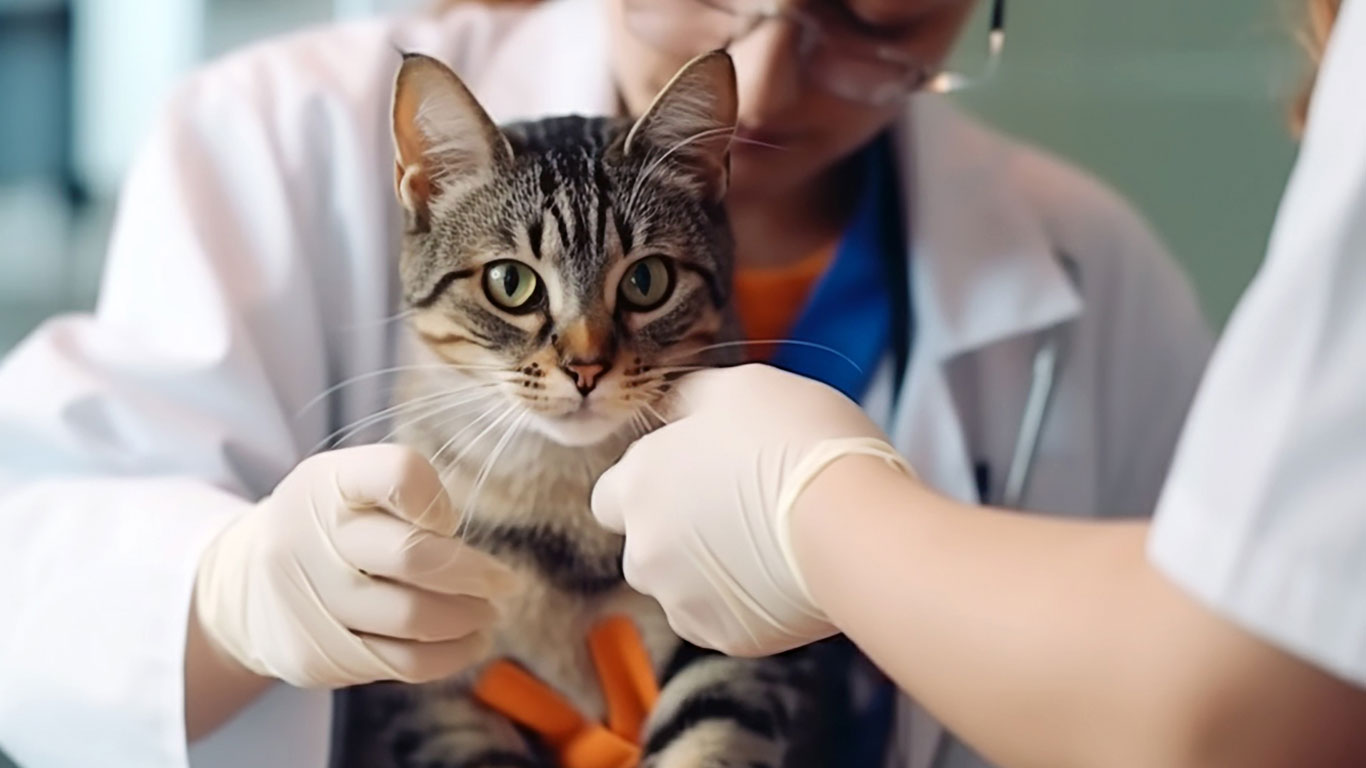The field of veterinary medicine is on the cusp of transformative changes, driven by technological advancements, evolving societal attitudes towards animal care, and groundbreaking research. As we look ahead, several emerging trends promise to shape the future of veterinary medicine, enhancing both animal and human health.
Technological Innovations
One of the most significant trends in veterinary medicine is the integration of advanced technologies. Telemedicine has already begun to revolutionize the field, enabling veterinarians to consult with pet owners remotely, thus expanding access to care. This trend is likely to continue growing, particularly as internet connectivity improves globally. Wearable technology for pets, such as smart collars and activity trackers, is another innovation poised to become more prevalent. These devices can monitor vital signs and activity levels in real-time, providing valuable data for preventative care and early diagnosis.
Artificial Intelligence (AI) and machine learning are also set to play crucial roles. AI algorithms can assist in diagnosing conditions by analyzing medical records and imaging results more quickly and accurately than traditional methods. This not only speeds up the diagnostic process but also helps in identifying patterns that might be missed by the human eye. Robotics, too, will see increased application, particularly in complex surgical procedures, ensuring higher precision and reducing recovery times.
Personalized and Preventative Care
The shift towards personalized medicine is another significant trend. Just as in human healthcare, veterinary medicine is moving away from a one-size-fits-all approach towards more individualized care plans. Genetic testing for pets is becoming more common, enabling veterinarians to tailor treatments and preventative measures based on an animal’s specific genetic makeup. This can help in identifying predispositions to certain diseases, thereby allowing for earlier interventions and better health outcomes.
Preventative care is also gaining emphasis. With the growing availability of advanced diagnostics and monitoring tools, veterinarians can detect health issues before they become severe. Regular wellness checks, coupled with the data from wearable devices, will allow for continuous health monitoring and early intervention, ultimately leading to longer, healthier lives for pets.
Holistic and Integrative Approaches
As pet owners become more informed and involved in their pets’ health, there is a growing demand for holistic and integrative approaches. This includes combining traditional veterinary medicine with alternative therapies such as acupuncture, chiropractic care, and herbal medicine. These methods are being increasingly recognized for their potential to complement conventional treatments, particularly in managing chronic pain and improving overall well-being.
Addressing Mental Health
The mental health of animals is another area gaining attention. Behavioral medicine is becoming an integral part of veterinary practice, with a focus on diagnosing and treating conditions like anxiety and depression in pets. Understanding and addressing the psychological well-being of animals not only improves their quality of life but also strengthens the human-animal bond.
Global One Health Initiatives
The concept of One Health, which emphasizes the interconnectedness of human, animal, and environmental health, is gaining traction. Veterinary medicine is expected to play a pivotal role in global health initiatives, addressing issues such as zoonotic diseases (diseases that can be transmitted from animals to humans) and antimicrobial resistance. Collaborative efforts between veterinarians, medical doctors, and environmental scientists will be essential in tackling these complex challenges.
Future Prospects
Looking forward, the future of veterinary medicine appears promising, marked by significant advancements and a more comprehensive approach to animal care. Technological innovations will continue to drive the field forward, enabling more precise and personalized treatments. Holistic approaches and a focus on mental health will cater to the growing expectations of pet owners. Moreover, the integration of veterinary medicine into broader health initiatives will underscore its importance in global health landscapes. As these trends converge, they will not only enhance the health and well-being of animals but also contribute to the overall health ecosystem, benefiting humans and animals alike.

